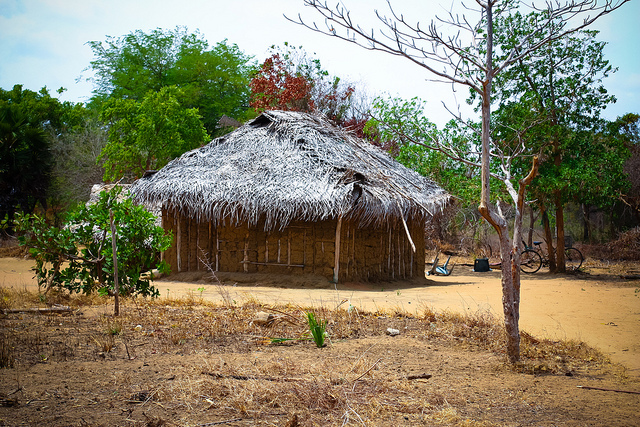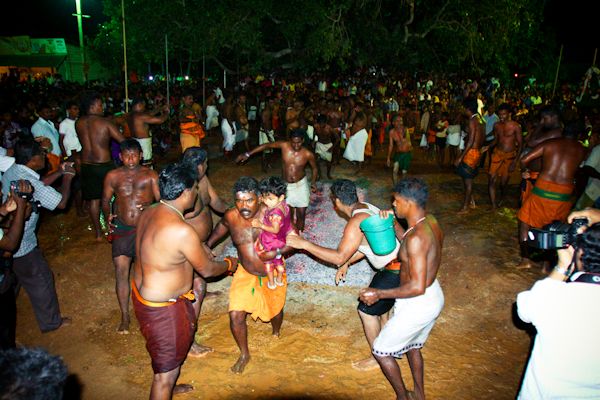
Maybe it’s just the jet lag and sleep deprivation but whenever I have a quiet moment I find myself trying find answers to my own internal debate over what this trip to Sri Lanka means to me. After all, It’s not my first time seeing poverty but it’s the first time I’ve seen it as an adult with a career and children. It’s the first time that the eyes of my understanding have been fully opened to some realities of poverty that I would rather not have to think about such as exploitation, child endangerment, and perpetual hunger. When I was a child on the “mission field” I only understood as a child. Much of that innocence has now been lost.
It not easy being confronted with uncomfortable truths about poverty. At some points I’ve almost convinced myself that the best course would be to think about happier things than hungry kids or hopeless parents. “Enough!” I tell myself, “You have your own problems to deal with.” Then having determined to harden my heart and rid my mind of such upsetting things, I immediately proceeded to think about the heartbreak and undiscovered joy found in Sri Lanka that much more.
I pour my daughter her cereal and wonder if a boy I met went hungry this morning (as he often does) so that his little sister has enough to eat. I turn on my kitchen sink and marvel at running water clean enough to drink right from the tap and think of a family that has to buy its drinking water by the jug. I take out the garbage and think of how much food I throw away in a year simply because it’s more convenient than trying to save it and wonder how many children I could feed on the leftovers. I haven’t even been back to a grocery store yet. I’m not sure I’m ready to be reminded of our American eating habits just now.
It’s not that I fault anybody for living the Western-style life that we enjoy. I work hard for the few things I have. But now I know the names and faces of people who work much harder and have much less to show for it. That disparity may not be my fault but what I have seen cannot be unseen and I am now responsible for how I respond to what I know. Can I somehow improve the life of a child, a family, or a village? That question now perpetually follows my soul.
Perhaps these thoughts will end and I can put it completely out of my mind someday. I’ll care only a little. I’ll love only slightly. I’ll rebuild the walls around my heart and fiercely guard them against every uncomfortable thought and feeling. But trading away my compassion in hopes of comfort would seem to be poor bargain. What does it profit if I keep my heart safe but lose my humanity in the process?
I’m not sure exactly what my future holds now but I’m sure that my heart is now set on a different course that I’m sure my feet will soon follow. I hope that I’ve helped in some small way to let you all see what I’ve seen this week. And I hope your heart has been opened as mine has. If you haven’t yet checked out the child sponsorship program I’d ask you to set your fears aside and let your heart be open.
You cannot unsee the crying needs. I can’t imagine wanting to.






